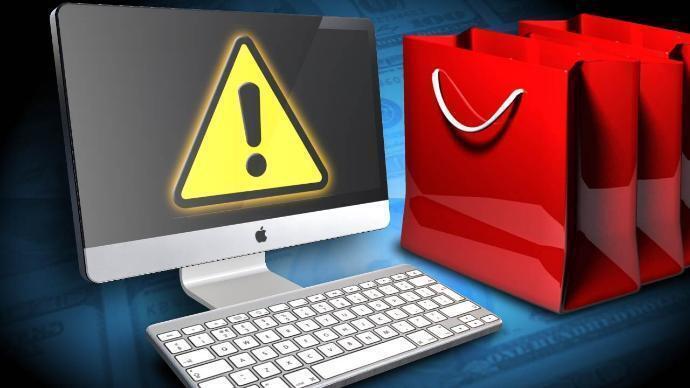The approaching Holiday season is always stressful for retailers. Not only is it a time that can make or
break a retailer financially, but it is also a time in which online traffic spikes, pushing infrastructure
to the max. Nothing is more gut wrenching than your website going down on Black Friday or Cyber
Monday, whether it is because of your infrastructure or a partner’s infrastructure, it doesn’t
really matter, you are down and that means lost sales and lost customers. There are large
statistical correlations around slow websites and conversion rate. One thing I can assure you, is that when
your site is down, your conversion rate is zero. How much of that conversion rate comes back when the site
is back up is debatable and will depend greatly on your brand, repeat purchase rate, combined with organic
or paid search traffic. To prepare for the holiday I recommend the follow nine items:
- Check your monitoring systems. Whether you use internal monitoring or someone like New Relic, you need to make sure critical pieces of your infrastructure are alerting when down; if you don’t know you are down nothing else will matter.
- Make sure you have direct contacts at your 3rd party vendors. Both your support team and account managers, when you need to make a call, make sure you know who to call.
- Confirm your webserver/database servers can handle the spike load that is coming. Last year’s traffic is a good measure, but if you are going to run a promo or some crazy cyber offerings, I would consider 2x or 3x what you anticipate the load so you have room. Servers are cheap compared to what down time will cost you.
- Double check all your email marketing campaigns. Make sure that you have a detailed plan on sends and coupled with your traffic estimates.
- Contact your 3rd party providers. Alert your providers of any anticipated spikes that might be outside the normal Cyber Monday load, depending on your size and your partner you may find that they want to scale up prior to handle your load
- Have backup plans for everything; disasters will happen. Those with the best disaster recovery plan will shine.
- Check your CDN and what you are pushing there. The more you can offload the less load on your servers, when was the last time you heard Akamai go down?
- Consider offline batch processing of payments if go down. Having real-time is better for customers but if your credit processing hiccups, it’s best to keep taking the orders and process authorizations later. Worry about the fall out of declines after the fact.
- Do not forget about your back-end systems. Most retailers are concerned about their websites crashing but forget the logistics of taking a million orders. Only being able to ship a half-million isn’t a good outcome.


